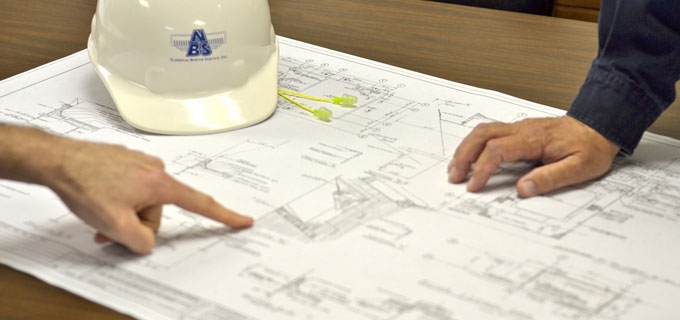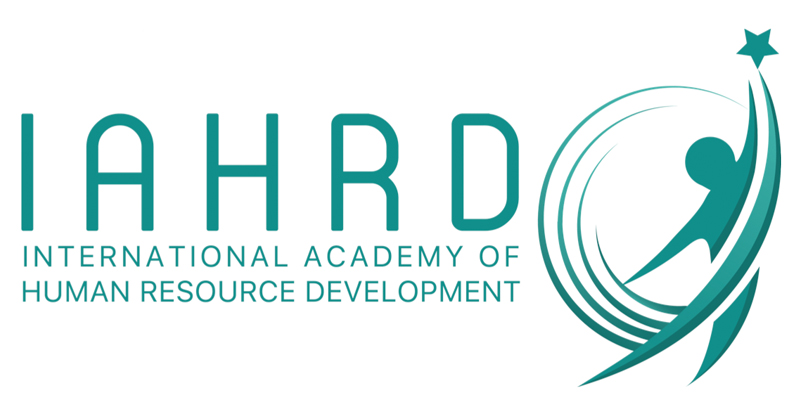
Achieving Professionalism in Complex Projects Management
Achieving Professionalism in Complex Projects Management
Introduction:
This course is introduced to you by the International Academy of Human Resources Development (IAHRD). Our courses are specially designed to meet your needs, explained to you by experts with a long experience in the field.Project Managers must be equipped to assess and manage complexity in projects. This interactive course will help you undertake projects of a much higher or different type of complexity than normal. It will also help you deal with different challenges that might affect your role as a project manager.This is why knowledge of a systematic understanding of project complexity is of foremost importance.
Objectives:
After attending this course, participants will be able to:
- Manage projects complex nature in today’s rapidly changing world.
- Understand how components of a complex system interact and produce unpredictable outcomes.
- Learn effective techniques and best practice used to manage complex projects.
- Understand the difference between a difficult and a complicated project.
- Use different assessment tools to better manage complicated projects.
Content:
Module 1:
- Introduction to projects.
- The nature of projects.
- Is there a difference between difficult and complicated projects?
- What do we mean by "complexity in projects"?
Module 2:
- The operation of complex adaptive systems.
- What makes a project complex?
- Effective approaches to manage the complexities in projects.
- The relationship between leadership and complexity management.
Module 3:
- Practical tools to assess the project's complexity.
- The right timing to evaluate the project's complexity.
- Preparing the complexity assessment questionnaire.
- Conducting and analyzing thecomplexity assessment questionnaire.
Module 4:
- Innovative management techniques to manage project complexities.
- What about the complex project leadership?
- Approach to successfully leading complex projects.
- Professional structuring and designing for complexity.
Module 5:
- Excellent planning requirements.
- Goal-oriented systemic structures.
- Accurately identifying and communicating complexity.
Module 6:
- Considerations to take in the projectexecution phase.
- Adapting baselines to complexity.
- Complexity assessment model during implementation.
- Case study and recommendations.
Who Should Attend?
- Decision makers.
- Project Managers.
- Leaders and team members
- Candidates who wish to acquire the most effective techniques for the management of complex projects in the solutions and project business.
times [ Istanbul ]
| from | to | price $ | venue | actions |
|---|---|---|---|---|
| 2025-03-02 | 2025-3-6 | 3,750 | Istanbul | join enquire |
| 2025-03-09 | 2025-3-13 | 3,750 | Istanbul | join enquire |
| 2025-03-16 | 2025-3-20 | 3,750 | Istanbul | join enquire |
| 2025-03-23 | 2025-3-27 | 3,750 | Istanbul | join enquire |
| 2025-03-30 | 2025-4-3 | 3,750 | Istanbul | join enquire |
| 2025-04-06 | 2025-4-10 | 3,750 | Istanbul | join enquire |
| 2025-04-13 | 2025-4-17 | 3,750 | Istanbul | join enquire |
| 2025-04-20 | 2025-4-24 | 3,750 | Istanbul | join enquire |
| 2025-04-27 | 2025-5-1 | 3,750 | Istanbul | join enquire |
| 2025-05-04 | 2025-5-8 | 3,750 | Istanbul | join enquire |
| 2025-05-11 | 2025-5-15 | 3,750 | Istanbul | join enquire |
| 2025-05-18 | 2025-5-22 | 3,750 | Istanbul | join enquire |
| 2025-05-25 | 2025-5-29 | 3,750 | Istanbul | join enquire |
| 2025-06-01 | 2025-6-5 | 3,750 | Istanbul | join enquire |
| 2025-06-08 | 2025-6-12 | 3,750 | Istanbul | join enquire |
| 2025-06-15 | 2025-6-19 | 3,750 | Istanbul | join enquire |
| 2025-06-22 | 2025-6-26 | 3,750 | Istanbul | join enquire |
| 2025-06-29 | 2025-7-3 | 3,750 | Istanbul | join enquire |
| 2025-07-06 | 2025-7-10 | 3,750 | Istanbul | join enquire |
| 2025-07-13 | 2025-7-17 | 3,750 | Istanbul | join enquire |
| 2025-07-20 | 2025-7-24 | 3,750 | Istanbul | join enquire |
| 2025-07-27 | 2025-7-31 | 3,750 | Istanbul | join enquire |
| 2025-08-03 | 2025-8-7 | 3,750 | Istanbul | join enquire |
| 2025-08-10 | 2025-8-14 | 3,750 | Istanbul | join enquire |
| 2025-08-17 | 2025-8-21 | 3,750 | Istanbul | join enquire |
| 2025-08-24 | 2025-8-28 | 3,750 | Istanbul | join enquire |
| 2025-08-31 | 2025-9-4 | 3,750 | Istanbul | join enquire |
| 2025-09-07 | 2025-9-11 | 3,750 | Istanbul | join enquire |
| 2025-09-14 | 2025-9-18 | 3,750 | Istanbul | join enquire |
| 2025-09-21 | 2025-9-25 | 3,750 | Istanbul | join enquire |
| 2025-09-28 | 2025-10-2 | 3,750 | Istanbul | join enquire |
| 2025-10-05 | 2025-10-9 | 3,750 | Istanbul | join enquire |
| 2025-10-12 | 2025-10-16 | 3,750 | Istanbul | join enquire |
| 2025-10-19 | 2025-10-23 | 3,750 | Istanbul | join enquire |
| 2025-10-26 | 2025-10-30 | 3,750 | Istanbul | join enquire |
| 2025-11-02 | 2025-11-6 | 3,750 | Istanbul | join enquire |
| 2025-11-09 | 2025-11-13 | 3,750 | Istanbul | join enquire |
| 2025-11-16 | 2025-11-20 | 3,750 | Istanbul | join enquire |
| 2025-11-23 | 2025-11-27 | 3,750 | Istanbul | join enquire |
| 2025-11-30 | 2025-12-4 | 3,750 | Istanbul | join enquire |
| 2025-12-07 | 2025-12-11 | 3,750 | Istanbul | join enquire |
| 2025-12-14 | 2025-12-18 | 3,750 | Istanbul | join enquire |
| 2025-12-21 | 2025-12-25 | 3,750 | Istanbul | join enquire |
| 2025-12-28 | 2026-1-1 | 3,750 | Istanbul | join enquire |
